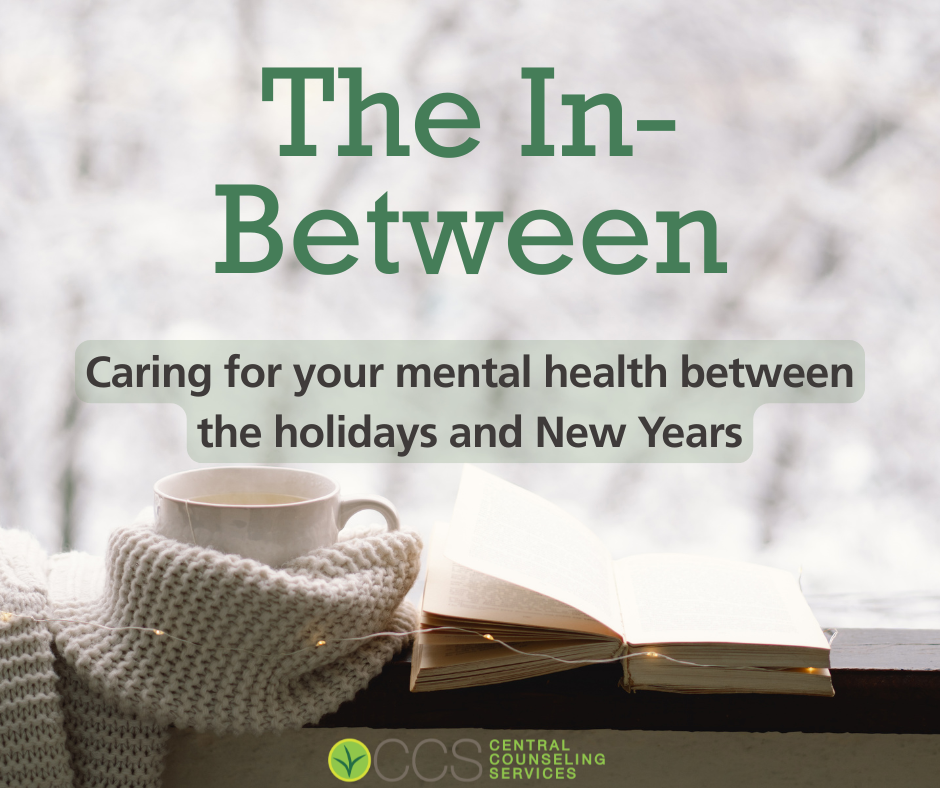Blog

The In-Between: Caring for Your Mental Health Between the Holidays and the New Year
The quiet stretch between the holidays and New Year can bring unexpected emotions. This blog explores how to care for your mental health during the in-between.

Celebrating Father’s Day
With Father’s Day approaching many people are reminded of the presence of their father in their lives. Through history the importance of a father’s role in the family had been seen as primarily a provider and disciplinarian rather than a caretaker. In more recent times, it has been seen that father’s who are emotionally present and active in the child’s life can make a profound positive impact.

Memorial Day is More Than Just Another Weekend
As members of the workforce, we often find it exciting to have a 3-day weekend to spend with the family, with friends, or doing some of our favorite activities. One of those weekends happens to be Memorial Day Weekend. However, it’s important to remember the commemoration of Memorial Day - that it’s more than just a weekend, it’s to honor those who have died in military services.

How to Manage Holiday Stress
While Easter is approaching, it’s important to discuss ways to get out of the rabbit hole this weekend. Celebrating Easter does come with its many quirks - preparing gift baskets, hiding Easter eggs for the kids, and so on. However, regardless of the fun, it’s a holiday, and many people out here may love or hate holidays. It’s important that as we approach yet another holiday to practice self-awareness.

Appreciating & Celebrating Black History Month
Black history is rich and vast; it does not solely belong to blacks but has universal significance.

Finding Your Joy!
We’ve heard the word a million times, but how do we find our joy, reclaim what’s ours & enjoy the world around us? We’re so glad you asked! We’ve got some tips and tricks for finding your joy & keeping it!

Managing Grief And The Holidays
Here come the holidays, again, and acknowledging grief at this time of year can be kind of awful. It can be awkward as some of us stumble over what to say. Do we just keep busy and hope nobody will bring it up? Whether you’re grieving or know someone who is, learn the tools to manage grief and the holiday season.

Self-Care: How To Fill Your Tank
We’ve all heard of the term “self-care” but what is it really and how can we practice it daily? Learn how to refuel your tank, begin the practice of caring for yourself, and be the best version of yourself.

What Does Thanksgiving Look Like?
What does it look like to be thankful, have traditions, and gather with others in a Covid-19 world?
